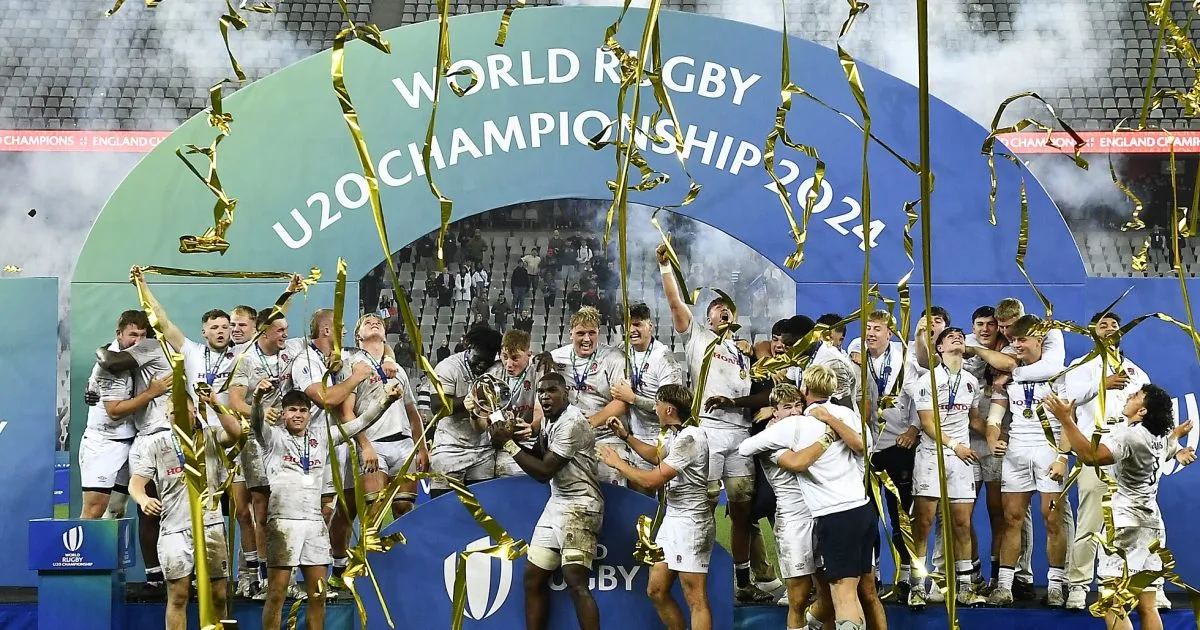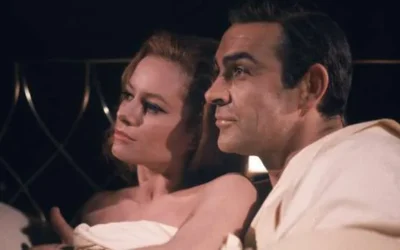The Controversy Around the Springboks’ Kick-off Strategy
The Springboks’ recent match against Italy in the World Cup has stirred a significant debate among rugby enthusiasts and analysts, particularly surrounding a controversial kick-off tactic utilized by South Africa. Following this, World Rugby has stepped in to clarify the rules in light of the Springboks’ strategy, prompting reactions from coaches and players alike.
The Gambit: An Unexpected Move
During the World Cup pool match against Italy, the Springboks employed a unique kick-off strategy that was designed to catch their opponents off guard. Instead of the traditional straight kick-off that usually seeks to gain ground and territory, they executed a more tactical kick that aimed for a specific player to recover the ball.
This innovative approach worked effectively during the match, allowing South Africa to regain possession multiple times and assert dominance over the field. While it showcased the Springboks’ strategic acumen, it raised eyebrows and questions regarding the legality of such tactics within the framework of rugby rules.
World Rugby’s Response
In light of the unfolding debate, World Rugby promptly responded. The organization referred to the Laws of the Game, specifically emphasizing that while teams have the freedom to employ various strategies during a kick-off, they must comply with specific regulations regarding player positioning and ball travel.
According to World Rugby, the kick-off must travel at least 10 meters, and players must remain behind the kicking line until the ball is kicked. If the ball does not meet these criteria, the opposing team is given a free kick from the incursion point. World Rugby clarified that the Springboks’ kick-off did align with these rules, allowing their strategy to stand.
Reactions from the Rugby Community
The reaction to the Springboks’ tactics has been mixed across the rugby community. While many praised the ingenuity of their approach, others condemned it as potentially exploiting loopholes in the rules. The size of the debate further escalated with comments from influential figures in rugby.
Comments from All Blacks Coach
New Zealand’s head coach, Ian Foster, did not shy away from expressing his view on the matter. In a press conference following a previous match, he responded to queries regarding the Springboks’ kick-off tactic, describing it as a “clever ploy” but also cautioned about the implications it has on the integrity of the game. Foster stressed that while teams should be allowed to innovate, there must be room for fairness and respect towards the game’s traditions.
JK’s Critique
Former All Blacks player and prominent commentator, John Kirwan, also chimed in, labeling the Springboks’ performance as among the “worst” he had ever seen. Kirwan’s comments appear to stem not only from their tactics but from how they executed their strategy against Italy. He noted that while the Springboks managed to win, their gameplay often bordered on chaotic, overshadowing their tactical intentions.
The Impact of These Tactics on the Game
The use of tactics such as the Springboks’ kick-off strategy has broader implications for how teams may approach future games in the tournament and beyond. Coaches may seek to devise their unique strategies that push the boundaries of traditional play, potentially leading to changes in how the game is officiated and understood.
Furthermore, teams may start to incorporate similar tactics in their arsenal, leading to an evolution in kick-off strategies. This shift could eventually lead to the need for additional clarification from World Rugby, as teams attempt to navigate the complexities of the rules and their interpretations.
Innovation vs. Tradition
Rugby is fundamentally a sport of tradition, yet innovation has always played a key role in its evolution. The balance between the two is delicate; too much emphasis on innovative tactics can lead to the interpretation of the game morphing in ways that may alienate traditionalists. Fans of the sport, while eager for creativity, may also express a desire to see rugby grounded in its principles of fair play.
The discourse surrounding the Springboks’ tactics may lead to a necessary reevaluation within World Rugby about how the rules are communicated and enforced. The need for clarity is paramount to ensure that players, coaches, and fans share a common understanding of what is permissible on the field.
Moving Forward: What Does This Mean for Upcoming Matches?
As the Rugby World Cup progresses, the Springboks’ tactics will likely be the subject of close scrutiny. Other teams will not only analyze their games but will also adapt their strategies, whether that means adopting similar tactics or preparing counter-strategies that neutralize such gambits.
Additionally, as officials work to maintain the integrity of the game, we may see more dialogue around the need for further clarification of the rules. As rugby continues to grow and capture the attention of new audiences, maintaining that integrity while embracing innovation will be crucial for the sport’s future.
The Fans’ Perspective
From the fan’s perspective, the controversy surrounding the Springboks has generated mixed feelings. While many appreciate the excitement and unpredictability brought by innovative tactics, others bemoan what they perceive as a deterioration of the beloved sport’s traditional values. This divergence among fans mirrors the broader discussions taking place within the rugby community.
Conclusion
The Springboks’ controversial kick-off tactic has opened a Pandora’s box of debate surrounding the evolution of rugby. As World Rugby clarifies the rules and coaches and players absorb the implications of this unique strategy, the narrative of this World Cup may become defined by how teams respond, adapt, and innovate amidst the established traditions of rugby. Ultimately, this incident serves as both a reminder of the sport’s rich history and its potential to evolve dynamically, reflecting its broadening global reach.







